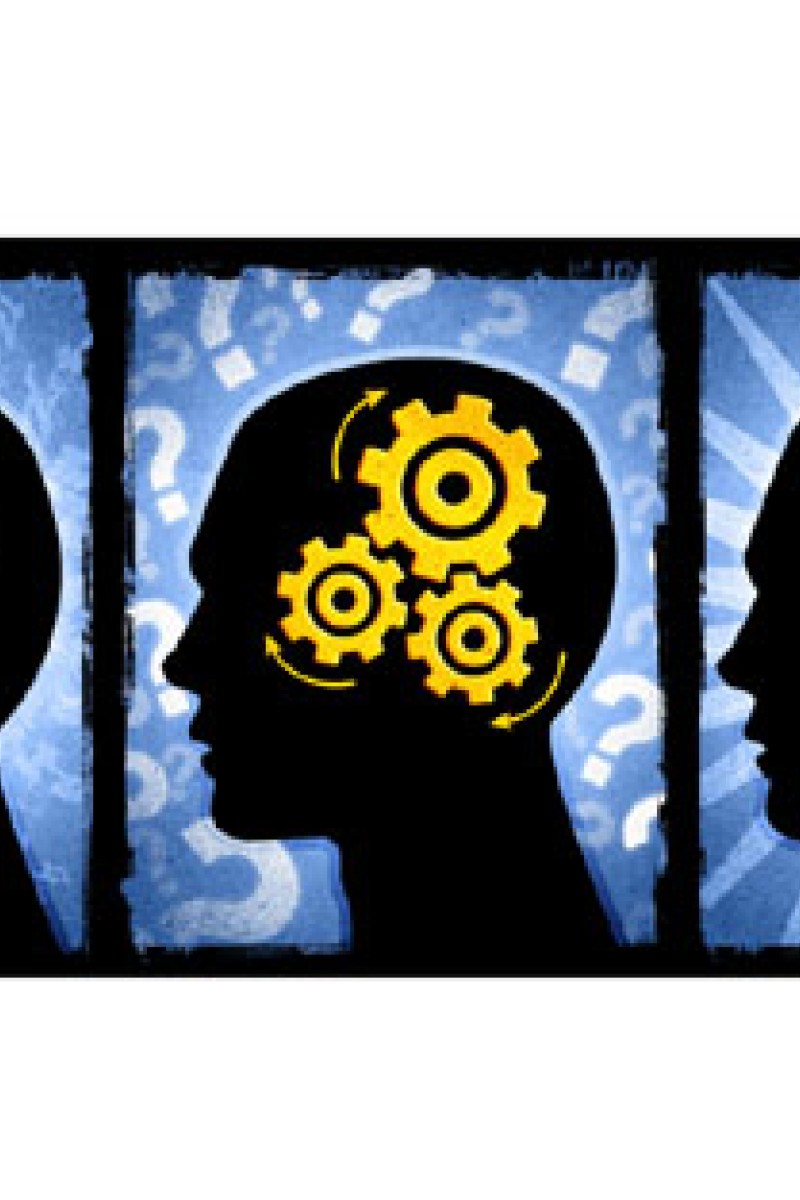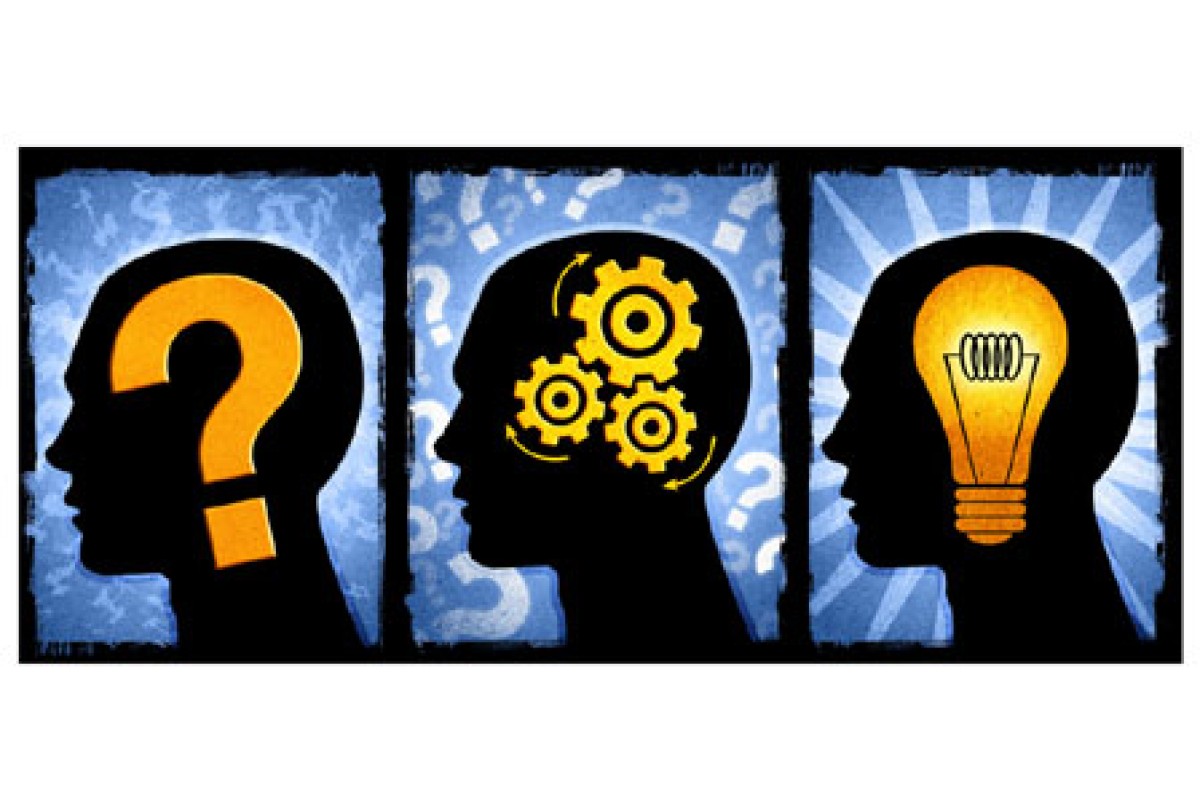
 iii
iiiVerity Aylward
To be an effective independent learner, you need to introduce yourself to the 1.5kg mass of jelly in your head known as the brain. The brain is your thinking centre. To succeed in school and in life, you must understand how it works in order to get the most from it. This will help you to learn, revise for exams and raise your levels of performance.
Four things you need to know right now to be brainy:
You have mental software and neural hardware and both affect how you learn. Your neural hardware is what makes your brain work. It creates memories, and all the electricity and chemicals that help you learn new information and remember it. Your mental software is your thought processes.
We all learn in different ways. Neuroscientists have proved that everybody's programming is unique. If you find it hard to understand and learn a topic, it is probably because you need to tap into your unique learning style - your brain is lacking the right stimulation.
Broadly, your learning style depends on whether you are more of a right-brain or left-brain thinker. In most people, the left half deals with logic, words, lists and numbers and the right half deals with rhythm, imagination and colour.
Your mindset is the key to learning success.
Your brain remembers what interests you and forgets most of what bores you, so it's important that you learn about things that grab your interest.
In other words, the objective is to change your thoughts and feelings about learning and develop a sense of passion for what you do.
Even if the subject matter does not excite you, it's up to you to decide how to learn about it in an interesting way, if you want to be an effective independent learner. The right attitude, positive thoughts and a dose of perseverance set the stage for creating the right conditions for learning
Practical steps
Now it is time to take action and decide the type of learner you are and want to be.
Broadly speaking, the main learning styles are:
Visual - you learn through images. Perhaps you prefer films and documentaries, cartoons or photographs as learning tools. You might imagine the words on a page as you read.
Auditory - you like to hear in order to learn and remember. You might prefer a podcast or active discussion.
Kinesthetic - you like movement; physical participation. Role-playing and practical experiments suit this type of learner.
Some students might use a mixture of these learning methods. This is highly recommended because if you tap into both sides of the brain you are in peak learning state.
This is when the brain is highly stimulated but this requires ...
Achieve balance - effective learners balance mind and brain and know how important health is.
Relaxation - movies, drama, music, friends and adventure. Do what makes you feel good but experiment wisely.
Sleep - eight hours to feel alive, not 12 hours to feel dopey-eyed.
Diet - a balance of fruit, vegetables, carbohydrates and proteins.
Exercise - get up a sweat, your heart will thank you for it.
Keep your brain active
Last week's article was about how to take control of your learning. Here are some other ideas to keep your brain active:
Brain games - many of these can be conducted online. Spend 30 minutes rather than an hour on this - who wants square eyes?
Discovery learning - whether it's fiction or non-fiction, a magazine, podcast or documentary, engage your brain with something that interests you.
Websites
At www.mindexplosionbook.com, there are links to useful information and, if you join my network at http://delicious.com/GlobalEducator, you can keep yourself updated with new links related to the brain and learning.
Online learning styles quiz:
www.ldpride.net/learningstyles.MI.htm
Verity Aylward has been a secondary school teacher for more than 10 years. She is the author of the book Mind Explosion: Max Out Your Brain for Exam Success. For more information about the author and her book, go to www.mindexplosionbook.com